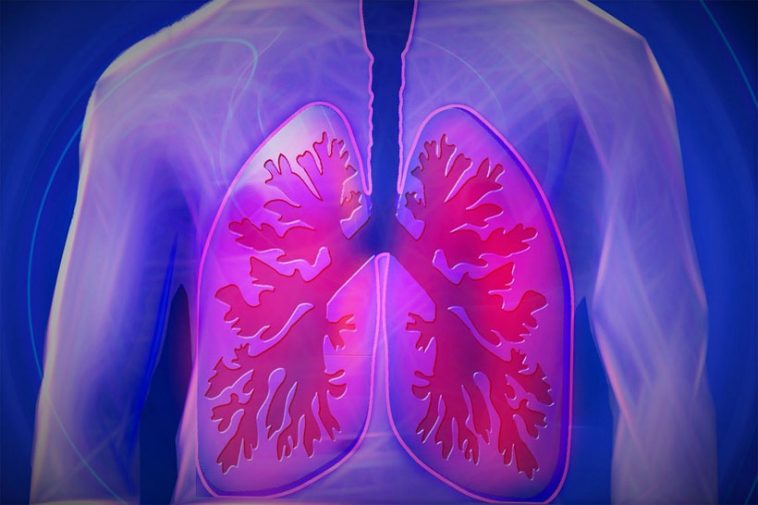- Like
- SHARE
- Digg
- Del
- Tumblr
- VKontakte
- Flattr
- Buffer
- Love This
- Save
- Odnoklassniki
- Meneame
- Blogger
- Amazon
- Yahoo Mail
- Gmail
- AOL
- Newsvine
- HackerNews
- Evernote
- MySpace
- Mail.ru
- Viadeo
- Line
- Comments
- Yummly
- SMS
- Viber
- Telegram
- JOIN
- Skype
- Facebook Messenger
- Kakao
- LiveJournal
- Yammer
- Edgar
- Fintel
- Mix
- Instapaper
- Copy Link
Introduction
Your doctor may end up confirming that your lung cancer was caused by asbestos exposure after asking questions about your work history and determining if you have a type of cancer that can be caused by asbestos. If you are not a smoker, it will be easier for the doctor to make this connection.
Exposure to asbestos is six times more likely to cause lung cancer than it is to cause mesothelioma, a rare form of cancer that most people think of when they think of asbestos-related conditions.
The doctor will use diagnostic tools like X-rays and CT scans to determine whether or not you have mesothelioma or another asbestos-related cancer. Once you’re diagnosed, the type of treatment you’ll receive will depend upon your doctor’s findings.
How Asbestos Causes Lung Cancer
When you are exposed to asbestos, you may inhale microscopic fibers. The more often and longer you are exposed, the more likely you are to inhale enough of these fibers that they will become lodged in your lung tissue. Once this happens, nodules will form that will grow into tumors that will continue to grow larger and spread.
It can take decades for asbestos-related lung cancer to be diagnosed thanks to its long latency period. Even if your asbestos exposure took place many years ago, you could still receive your initial lung cancer diagnosis today. Some of the factors that may put you at risk of developing asbestos-related cancer include:
- The health effects of cigarette smoking
- Your overall health
- Genetic factors
The difference between mesothelioma and other types of lung cancer is how it metastasizes and where it originates. Lung cancer begins in the lungs, whereas mesothelioma begins in the lining that surrounds the lungs. If your loved one with lung cancer has died, be sure to get a pathologist report that documents the cancer.
Proving Lung Cancer and Asbestos Exposure in Court
Proving the connection between your cancer diagnosis and exposure to asbestos is often one of the most challenging aspects of a court case. In court, an expert medical witness may need to be brought in who will testify about the likelihood that your cancer was caused by negligent exposure to asbestos while you were at work.
If you are able to prove that you were exposed to asbestos at work for anywhere between five and 10 years, you may be able to prove your claim to get a settlement. You will also need to give a deposition about the impact lung cancer has had on your life, either in person or via videotape if you’re too ill to attend a hearing.
You may be able to recover damages to cover the cost of your treatments, medical travel, and missed work or the loss of your ability to work, if you aren’t already retired. You may also be able to claim damages for pain and suffering, loss of amenity, and to recover the cost of having to pay someone else to perform your household tasks.
You may want to contact a lung cancer lawyer if you have lung cancer and you worked in construction, the military, shipbuilding, demolition, or another job that put you in contact with asbestos. Lung cancer treatment is expensive, and your employer or former employer may be legally responsible for covering the costs.
Conclusion
If you had a loved one with lung cancer or mesothelioma that was caused by asbestos exposure, you may always want to get a lawyer. You could file a wrongful death lawsuit to recover some of the above-mentioned costs along with funeral expenses and the loss of the deceased’s companionship and support.
About Theresa Duncan
Originally from Detroit, MI, Theresa has been offering health and fitness advice for the last 30 years while working as an engineer. She decided to turn her passion into a profession, and finds nothing more satisfying than helping others reach their health and fitness goals.

